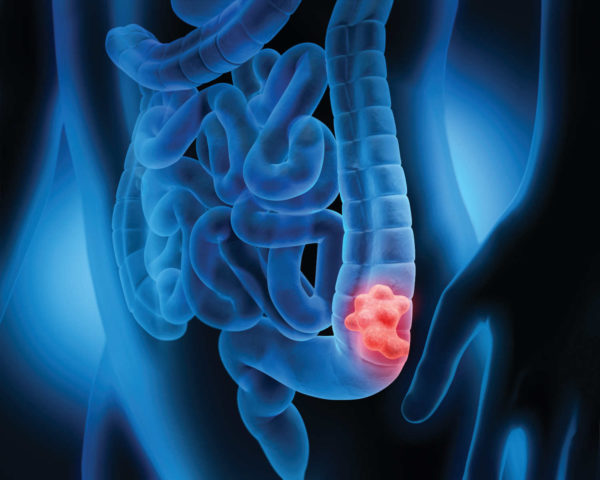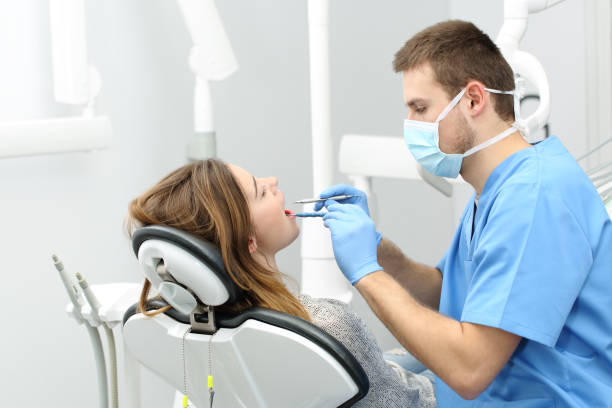Regular health screenings and tests can help find problems before they start.

Picture: iStock
It is important that you take charge of your health, starting now.
Schedule an appointment with your health care provider to discuss what screenings and exams you need and when you need them.
Regular health screenings and tests can help find problems before they start. They also can help find problems early, when your chances for treatment and cure are better.
By getting the right health services, screenings and treatments, you are taking steps that help your chances for living a longer, healthier life.
Your age, family history and lifestyle choices (what you eat, how active you are, whether you smoke) all play a role.
The following are the generally recommended screenings:
- Covid-19 screening;
- Breast and cervical cancer early detection;
- Cholesterol;
- Colorectal cancer screening;
- High blood pressure;
- Diabetes mellitus;
- Body weight;
- Prostate cancer screening;
- Oral health; and
- HIV/Aids.
Covid-19
This is now, more than ever, important due to the global pandemic. It is a way for healthcare providers to know if you are at risk or have been exposed.
As the lockdown restrictions start easing and more people return to work, they need to be screened and tested. This would generally include a questionnaire that checks risk factors, symptoms and a health check that includes a temperature check.
Breast and cervical cancer early detection

Picture: Stock
Deaths from breast and cervical cancers could be avoided if screening rates increased among women at risk. The tests are simple and pain-free.
Mammography is available at most hospitals. Pap smears can be done at your local clinic or doctor every three years.
Cholesterol

Picture: iStock
A cholesterol blood test can help determine your risk of the buildup of plaques in your arteries that can lead to narrowed or blocked arteries (atherosclerosis).
High cholesterol levels usually don’t cause any signs or symptoms, so a cholesterol test is an important tool. High cholesterol levels often are a significant risk factor for heart disease.
Adults should have their cholesterol checked every five years, beginning at age 18. More frequent testing may be needed if your initial test results were abnormal or if you’re at higher risk of heart disease because you:
- Have a family history of high cholesterol or heart attacks
- Are overweight
- Are physically inactive
- Have diabetes
- Eat a high-fat diet
- Smoke cigarettes
- Are a man older than 45 or a woman older than 55
Colorectal cancer

Picture: iStock
Screening for colorectal cancer and adenomatous polyps should start at age 50.
Undergo a colonoscopy if you have:
- Family history of colorectal cancer or polyps
- Family history of a hereditary colorectal cancer syndrome
- Personal history of colorectal cancer
- Personal history of chronic inflammatory bowel disease (ulcerative colitis or Crohn’s disease)
Tests include:
- Flexible sigmoidoscopy every five years;
- Colonoscopy every 10 years;
- Double-contrast barium enema every five years; and
- Computed tomographic (CT) colonography every five years
Hypertension and diabetes mellitus

Picture: iStock
Blood pressure is one of the most important screenings because high blood pressure usually has no symptoms so it can’t be detected without being measured.
High blood pressure greatly increases your risk of heart disease and stroke.
If your blood pressure is below 120/80mm Hg, be sure to get it checked once every two years, starting at age 20. If your blood pressure is higher, your doctor may want to check it more often.
If you’re overweight and have at least one additional cardiovascular risk factor, your doctor may recommend a blood glucose test.
Body weight

Picture: iStock
Your healthcare provider may ask for your waist circumference or use your body weight to calculate your body mass index (BMI) during your routine visit.
These measurements may tell you and your physician whether you’re at a healthy body weight. Being obese puts you at higher risk for health problems.
Oral health

Picture: iStock
Many medications can affect oral and overall health and untreated gum disease can lead to tooth loss.
Cases of tender or swollen gums, receding gums, loose teeth, bite changes or changes in the way dentures fit, bad breath or a bad taste in the mouth can be warning signs that need to be evaluated by a dentist.
Periodontal disease may also be linked to health issues like diabetes, heart disease, stroke and respiratory problems, so it’s important for overall health to have a healthy mouth.
Prostate cancer screening

Picture: iStock
Prostate cancer is the most common cancer in men (not counting skin cancer), but it can often be found early using a simple blood test.
However, it’s not clear if the benefits of testing all men for prostate cancer outweigh the risks, such as finding (and treating) cancers that probably never would have caused any problems.
HIV/Aids
Testing for HIV is very important because it is beneficial for you to start treatment as soon as possible after diagnosis. It prevents disease progression in yourself and also minimises the risk of you infecting your partner.
Knowing your status allows you to make better decisions about your health and well-being.
For more news your way, download The Citizen’s app for iOS and Android.
Download our app




